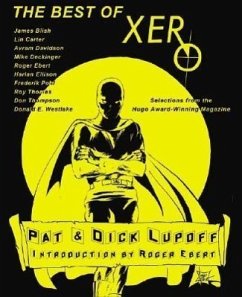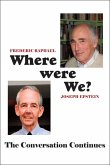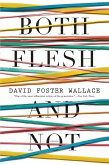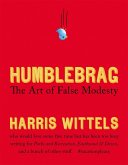This volume contains a selection of essays from Pat and Dick Lupoff's legendary science fiction fanzine "Xero." Provided are historical snapshots of the science fiction world in the early 1960s as it was lived by a mix of writers. Highlights include Donald Westlake's humorous denouncement of science fiction field and the reasons he quit writing science fiction to write mystery novels; James Blish's nostalgic look back to his stint writing scripts for the popular "Captain Video" serial; Lin Carter's parody of Sax Rohmar's "Fu Manchu" novels; Don Thompson's thoughts on the origins of the ultra-powerful and mysterious comic book characters Dr. Fate and the Spectre; and Harlan Ellison on the film "Psycho."
Hinweis: Dieser Artikel kann nur an eine deutsche Lieferadresse ausgeliefert werden.
Hinweis: Dieser Artikel kann nur an eine deutsche Lieferadresse ausgeliefert werden.








